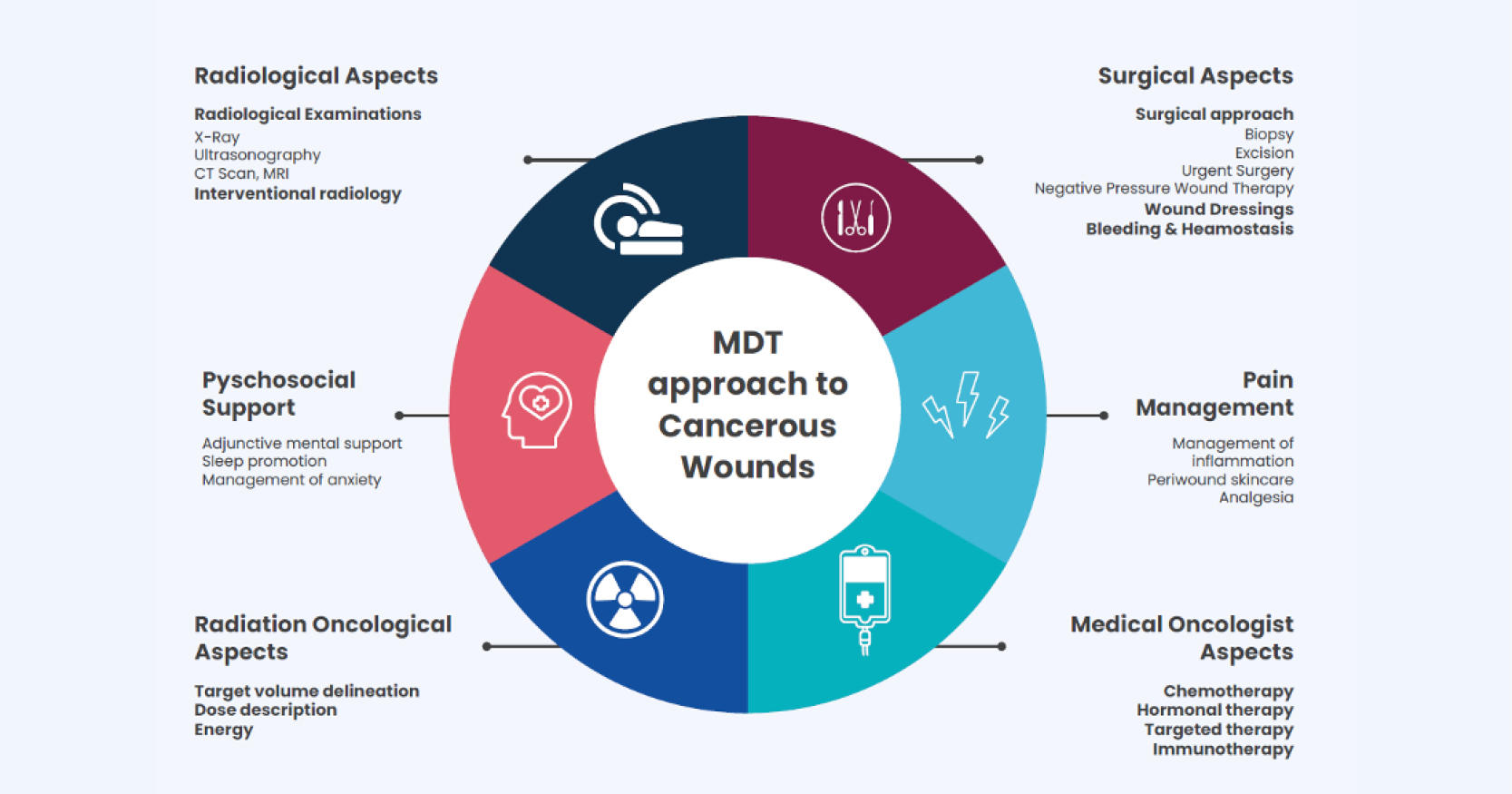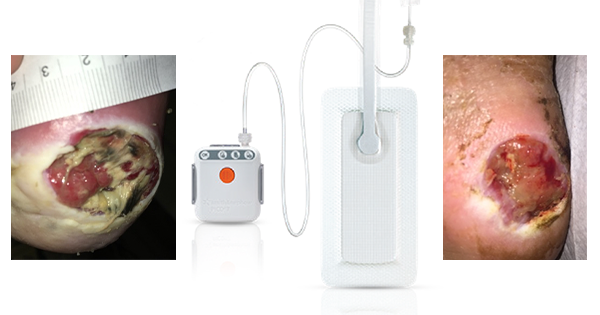With advances in wound care and an increasing number of clinicians with the knowledge and skills in relation to tissue viability (TV) and wound management, we can diagnose and treat more complex wounds which would have previously required a hospital admission (Harrison, 2015). As a nurse-led team we found that haematomas were not being treated efficiently in the community, with patients often being sent to the acute setting for assessment and requiring surgery. As a TV team, it was deemed that we could manage these patients more effectively and appropriately in the community with early assessment and intervention of appropriate treatment. This may reduce the number of patients requiring surgical intervention and hospital admissions as well as associated costs. This led us to create a new community-based pathway for haematoma management. Previous treatment and management of haematomas in the local area was explored to ascertain effectiveness. This highlighted a gap in knowledge of the diagnosis of haematomas and delays in effective wound bed preparation. To address this as a team we explored primary dressing options and trialled a hydro-responsive wound dressing (HydroClean® advance) on 4 patients with a haematoma to their lower limb. We found that the dressing softened the haematoma, reduced pain, and prepared the wound bed for conservative sharp debridement (CSD). This article discusses in more detail the challenges of managing haematoma treatment and the development of a treatment pathway.





